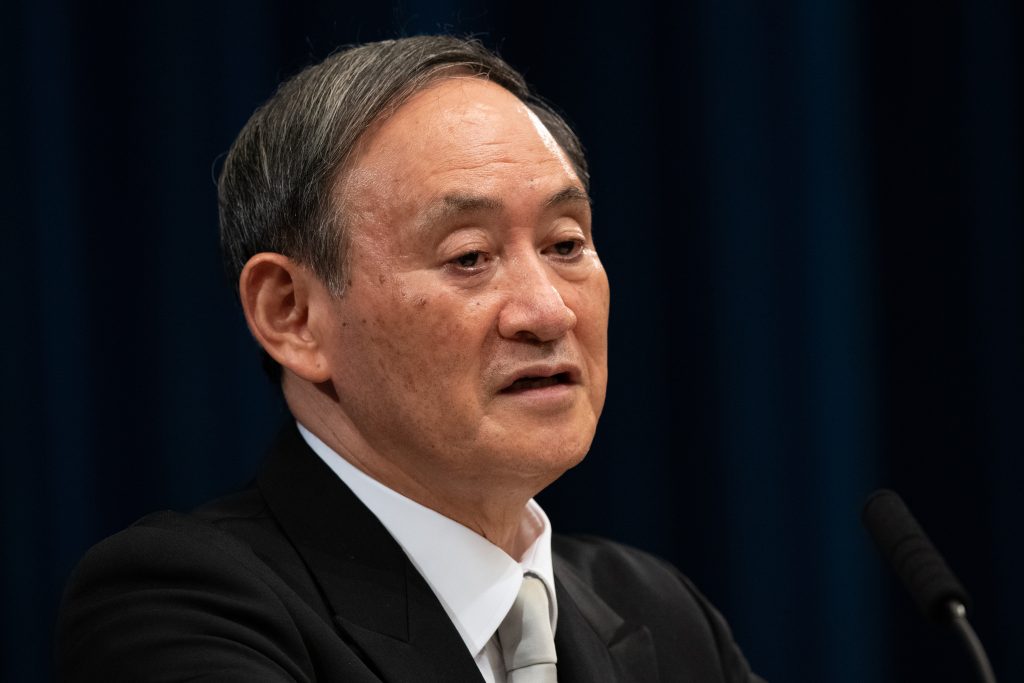
- ARAB NEWS
- 15 Jul 2025

TOKYO: A Japanese government document drawn up in 2004 said that the prime minister was not supposed to reject nominees to the Science Council of Japan, it was learned Tuesday.
The document, dated Jan. 26, 2004, was created by the internal affairs ministry as an explanatory material on legislation to revise the SCJ law.
A copy of the document was obtained by Hiroyuki Konishi, a House of Councillors lawmaker of the main opposition Constitutional Democratic Party of Japan.
The document came to light after Prime Minister SUGA Yoshihide, who took office last month, refused to appoint six of the nominees put forward recently by the council, which represents the country’s academic community.
The six opposed the national security legislation or the state secrets protection law, both pushed by the government of former Prime Minister Shinzo Abe, Suga’s predecessor.
Under the SCJ law revision in 2004, those who select member candidates changed to existing SCJ members from academic societies.
Also based on the law revision, the supervisory authority over the council was transferred from the internal affairs ministry to the Cabinet Office.
In 1983, the government told the Diet, the country’s parliament, that the appointments of SCJ members by the prime minister are merely a formality.
But in 2018, the Cabinet Office said that the prime minister does not necessarily have an obligation to appoint nominees recommended by the SCJ.
Based on this, Suga has questioned whether he should follow precedent and appoint all nominees.
Suga has also said that regardless of the change in the candidate selection process, the government’s position remains intact that it appoints SCJ members based on law. He has thus defended his rejection of the six nominees.
Still, the 2004 document made clear that the ministry did not expect the possibility that the prime minister may reject the appointments of recommended SCJ member candidates.
This means that the government followed its 1983 explanation to the Diet even in 2004, when the candidate selection process changed to the current form.
On Tuesday, Chief Cabinet Secretary Katsunobu Kato told a press conference that the document did not say that the prime minister is not legally allowed to reject SCJ nominees.
The document “didn’t rule out the possibility that a candidate may not be appointed in the future,” Kato also said.
Suga’s rejection of the six council nominees has provoked criticism that he intervened in the academic world.
JIJI Press